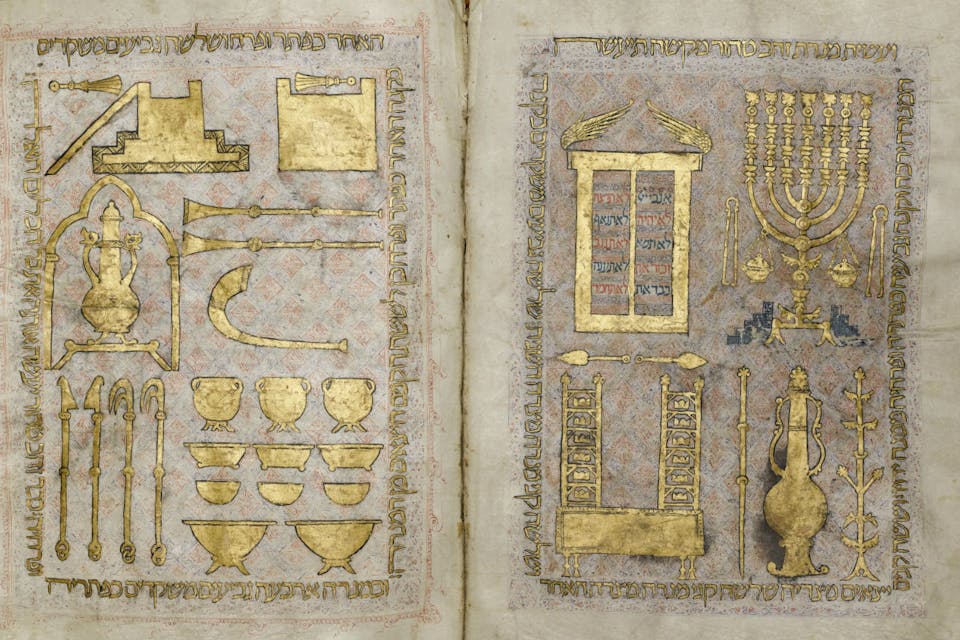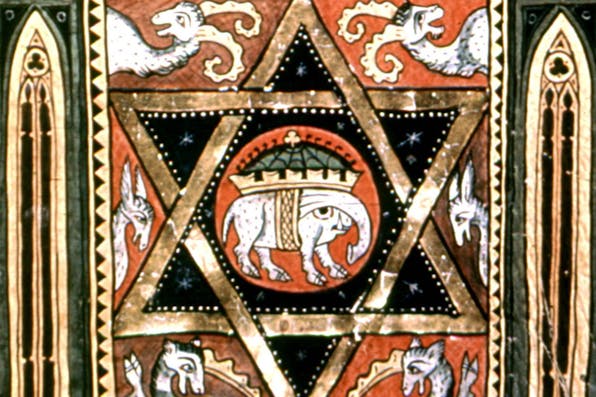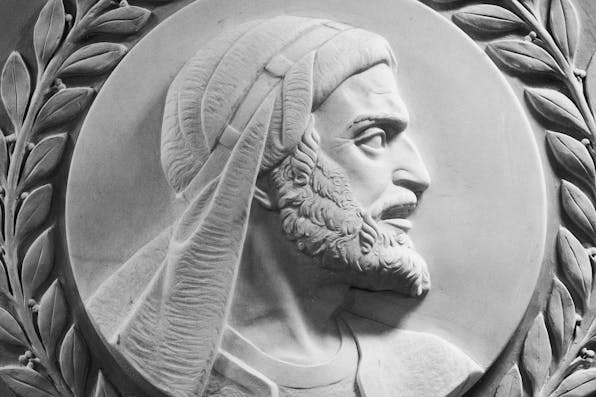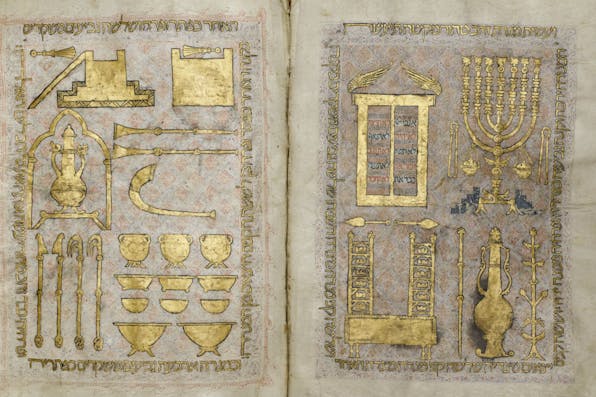
February 16, 2017
“Is the Torah a Work of Philosophy?” An Exchange
Kenneth R. Seeskin and Jon D. Levenson debate the power and the limits of philosophical reflection on the Hebrew Bible.
Kenneth R. Seeskin:
I want to thank Jon Levenson for his recent review of my book Thinking about the Torah and Mosaic for inviting Joshua Berman, R. R. Reno, and James Diamond to enter the discussion. Levenson understands me well, and while there are issues that separate us, he has written a thoughtful and in many ways flattering assessment of my work.
The Torah is not a work of philosophy, and it is a good thing that it is not. Sacred literature is one thing, philosophical argument quite another. Much as I love Kant, I do not say a prayer before reading him. There is no denying, however, that the Torah has inspired philosophical reflection over the ages and has influenced thinkers from a variety of religious traditions. My central claim is that we do the Torah an injustice if we don’t ask why this is so and what it teaches us about the Torah itself.
Responses to January ’s Essay

January 2017
The Chasm That Separates Modern Readers from the World of the Biblical Text
By Joshua Berman
January 2017
Does the Bible Contradict Itself? Very Well Then, It Contradicts Itself
By R. R. Reno
January 2017
The Difference between a Biblical Scholar and a Philosopher
By James A. Diamond
January 2017
The Inescapable Personhood of God
By Jon D. Levenson
January 2017
“Is the Torah a Work of Philosophy?” An Exchange
By Kenneth R. Seeskin, Jon D. Levenson